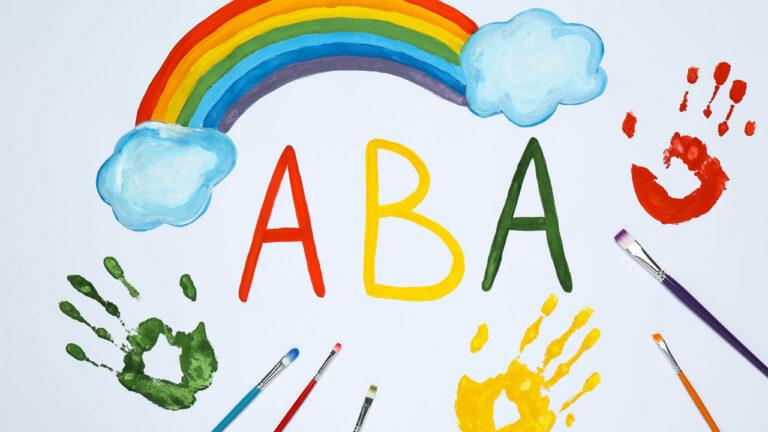Earning cashback has become an increasingly popular way for consumers to save money while shopping, and Aba offers an innovative approach to help customers maximize their purchases. Whether you’re treating yourself to a new gadget or stocking up on groceries, utilizing cashback options allows you to enjoy savings as you shop, turning everyday purchases into rewards. Unlike traditional discount methods or coupon codes that reduce the price upfront, cashback returns a portion of your spending back to you after the purchase, making it a unique and rewarding experience.
Aba is a modern financial technology platform designed to simplify the banking experience while seamlessly integrating rewards into consumer spending. The platform provides users with a variety of services, from budgeting tools to special offers on selected purchases. Aba partners with a range of merchants, allowing users to earn cashback on everyday transactions. It’s perfect for those looking to manage their finances better while enjoying the benefits of spending. By taking advantage of the cashback opportunities Aba provides, consumers can stretch their budgets further and enjoy more of what they love.
To make the most of the cashback options available with Aba, one effective way is through the app Lolli. After you have your Aba account set up, simply download the Lolli app and create an account. When you’re ready to shop, browse the selection of stores featured on Lolli that offer cashback deals compatible with Aba. Instead of relying solely on a discount or coupon code, when you purchase from these partnered retailers through Lolli, a percentage of your spending will be credited back to you in the form of Bitcoin or cash. This approach not only helps you save at the moment, but also offers you the potential for future growth, making your shopping experience with Aba even more rewarding.
Q&A
**Q&A: Exploring the Enigmatic World of Aba**
**Q1: What is Aba?**
A: Aba is a vibrant city located in southeastern Nigeria, primarily in Abia State. It stands as a significant commercial hub known for its bustling markets, diverse manufacturing base, and rich cultural heritage. Often referred to as the “Enyimba City,” Aba is a focal point for trade, particularly in textiles, footwear, and local crafts.
**Q2: What makes Aba stand out from other cities in Nigeria?**
A: Aba’s unique blend of commerce and culture sets it apart. The city is renowned for its entrepreneurial spirit, with countless small and medium-sized enterprises contributing to a dynamic local economy. Additionally, Aba has a rich history that is reflected in its arts, traditions, and festivals, offering visitors a glimpse into the customs and lifestyle of the Igbo people.
**Q3: What are the major industries in Aba?**
A: Aba is often celebrated for its thriving industries, which include textile production, garment manufacturing, and shoemaking. The city’s open markets, such as the famous Ariaria International Market, are teeming with vendors selling everything from clothing to electronics. Recently, efforts to promote information technology and agricultural products have also emerged, diversifying the local economy.
**Q4: How is transportation and connectivity in Aba?**
A: Aba is well connected by road, with major highways linking it to surrounding cities and states. Public transport options include taxis, buses, and motorbike taxis, commonly known as ”okadas.” While the city has a developing infrastructure, ongoing improvements aim to enhance both local and regional connectivity to support economic growth.
**Q5: What cultural attractions should visitors explore in Aba?**
A: Visitors to Aba can immerse themselves in its rich culture by exploring various attractions. The National War Museum offers insights into Nigeria’s history, focusing on the Biafran War. Additionally, the Ngwa people celebrate their heritage through traditional festivals, craft markets, and vibrant music and dance performances that showcase the community’s artistic spirit.
**Q6: Are there educational institutions in Aba?**
A: Yes, Aba is home to several educational institutions, including universities and secondary schools, which contribute to the city’s educated workforce. Notable institutions like Abia State University and the Federal Polytechnic, Aba, play pivotal roles in higher education and vocational training, helping to equip students with the skills needed for the local economy.
**Q7: How can one experience the local cuisine in Aba?**
A: Aba’s culinary scene is as diverse as its population. Food lovers can explore local delicacies such as jollof rice, egusi soup, and various grilled meats at restaurants and street food stalls. The city’s markets brim with fresh produce, spices, and handmade snacks, providing an authentic taste of Igbo cuisine for both locals and visitors.
**Q8: What is the future outlook for Aba?**
A: With ongoing investments in infrastructure, technology, and education, Aba is poised for continued growth. The local government and private sectors are collaborating to create an environment conducive to business development. As the city embraces innovation while preserving its vibrant culture, it holds the promise of becoming an even more influential economic center in Nigeria.
Aba offers a unique tapestry of tradition, commerce, and community spirit, making it an intriguing destination for those wanting to explore the heart of Nigeria.


